Unexpected time off doesn’t have to be a setback in your training. You can use these steps to make the most of your unplanned time off and return to training with more motivation and focus than before.
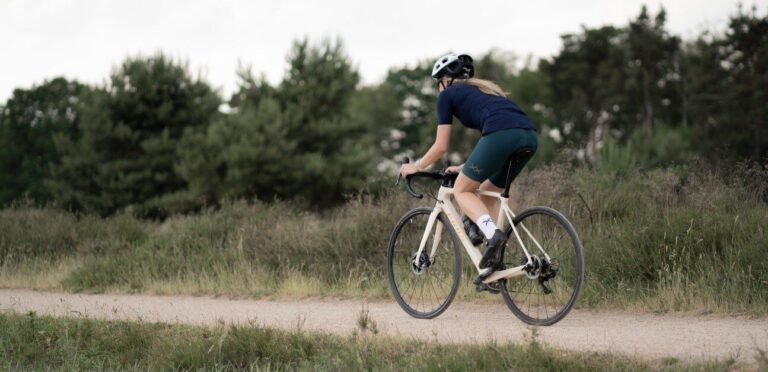

Unexpected time off doesn’t have to be a setback in your training. You can use these steps to make the most of your unplanned time off and return to training with more motivation and focus than before.
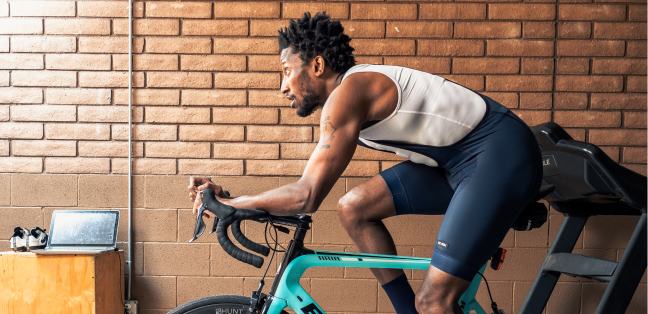
How to reach and maintain peak fitness for as long as possible, how many all-out efforts does a rider have each year, how to use elevation training and heat training to get faster and much more in Episode 311 of the Ask a Cycling Coach Podcast!

The flexibility of a low-volume training plan makes it an excellent fit for a variety of schedules, goals, and abilities. If you’re considering a low-volume plan, here are the advantages of low-volume training and how to know if it’s the best volume for you.
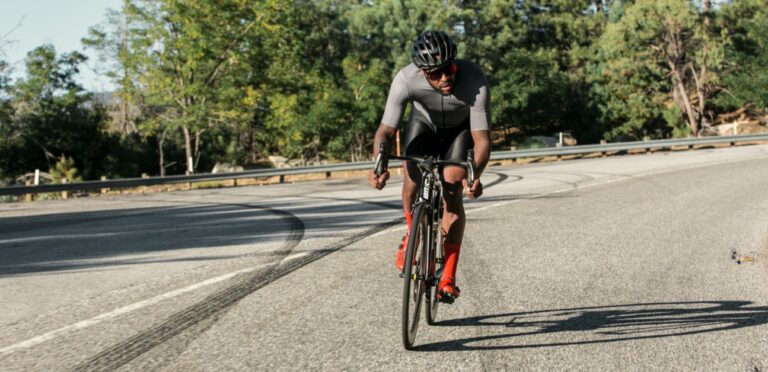
Detraining happens any time we decrease training stimulus, but how quickly does it happen, how can you retain as much fitness as possible, and how should you adjust your race strategy as a result? Join us for a deep dive into this and many other topics in Episode 309 of the Ask a Cycling Coach Podcast.

At the end of a training block, it’s time to dial it back and take a recovery week. While a week may seem like a long time to focus on recovery, it can be one of the most productive weeks in your training plan when you give it the care and attention it needs.

Recovery is one of the most impactful parts of a training plan and should be prioritized by all goal-oriented cyclists. You can maximize your recovery with a dedicated recovery process, scheduled rest, and extra attention to your sleep and nutrition.
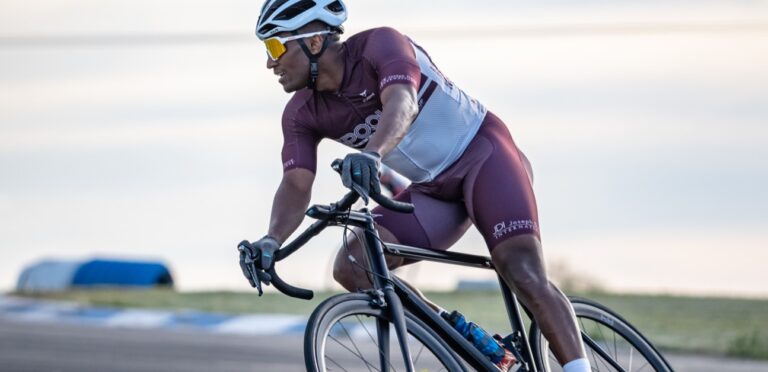
What is the cause behind getting dropped and how do you train to avoid it happening in the future, should cyclists and triathletes maintain a caloric deficit, which supplements have the most impact on performance and much more in Episode 303 of the Ask a Cycling Coach Podcast!

You’ve put in months of hard work training, until nervous energy keeps you wide awake the night before your event. Is your big day ruined? Probably not, but better sleep could still be the key to getting faster.
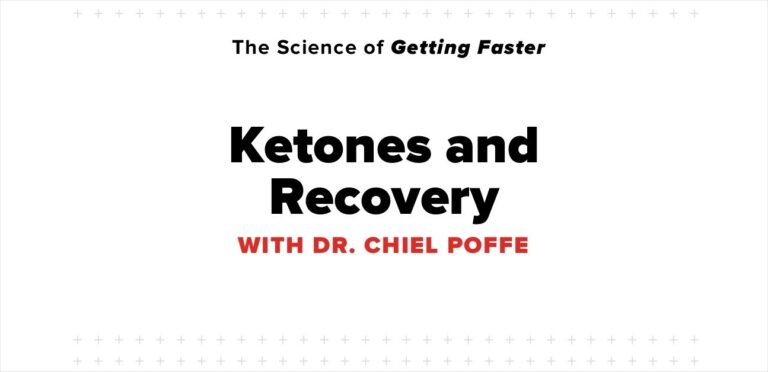
Exogenous ketone esters are a hot topic in cycling. In our second conversation with Dr. Chiel Poffe, we learn about his research into using ketone esters to benefit recovery from high-volume training.
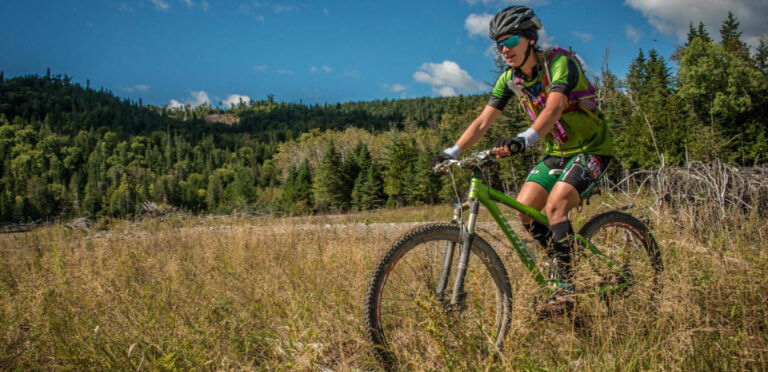
It’s tough enough to succeed at one sport. But Jessica Kuepfer takes things further, achieving podiums in multiple disciplines of cycling and running. Best of all, she continues to have fun along the way, thanks to a healthy perspective and thoughtful prioritization.